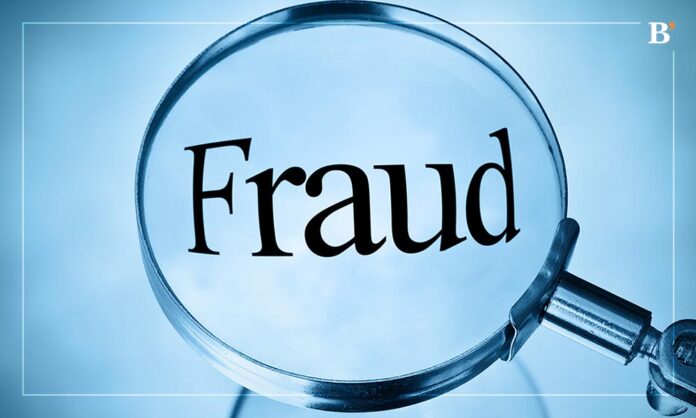Key Highlights
- Former Southeastern University official sentenced to prison for defrauding school out of $155,000 during website redesign fraud project.
- The fraudulent actions of Brian Carroll serve as a reminder of the importance of maintaining ethical standards and integrity in positions of power and trust.
A former university official, vice president of Southeastern University in Florida, has been sentenced to one year and three months in federal prison for defrauding the school out of $155,000 during a website redesign fraud project.
Brian Carroll, 47, of New Market, Tennessee, pleaded guilty to felony wire fraud in January and was sentenced on 24th April 2023 in Tampa federal court. In addition to serving time in prison, Carroll is required to forfeit proceeds from the crime and pay restitution.
Setting Up A Fake Company To Secure Website Redesign Contract
According to court documents, Carroll became involved in a project to redesign the website and digital brand of the university’s President in 2016.
- During this time, Carroll set up an anonymous limited liability company based in New Mexico without the knowledge of other Southeastern University officials.
- He then used that company to bid on the university’s web rebranding project for a total price of $185,000.
- The school accepted the bid with Carroll’s recommendation, and the university made five payments to Carroll’s company over several months in late 2016.
The Fraudulent Scheme
Carroll’s company contracted with an unrelated New York-based company to do the actual work on the project for just $30,000, leaving Carroll with the remaining $155,000. The website redesign fraud was discovered, and a sealed indictment was returned against Carroll in August 2021, resulting in his arrest three months later.
Carroll’s actions resulted in:
- A financial loss for the university
- Violated his position of trust and ethical standards.
Southeastern University’s President, Dr. Kent Ingle, expressed disappointment in Carroll’s behavior, emphasizing the school’s commitment to integrity and transparency.
The case serves as a reminder of the importance of maintaining ethical standards and integrity, particularly in positions of power and trust. Fraudulent activities harm individuals and institutions and damage public trust and confidence.
The case also highlights the need for organizations to implement effective measures to prevent and detect fraud, such as transparency and oversight, and to hold individuals accountable for their actions.




